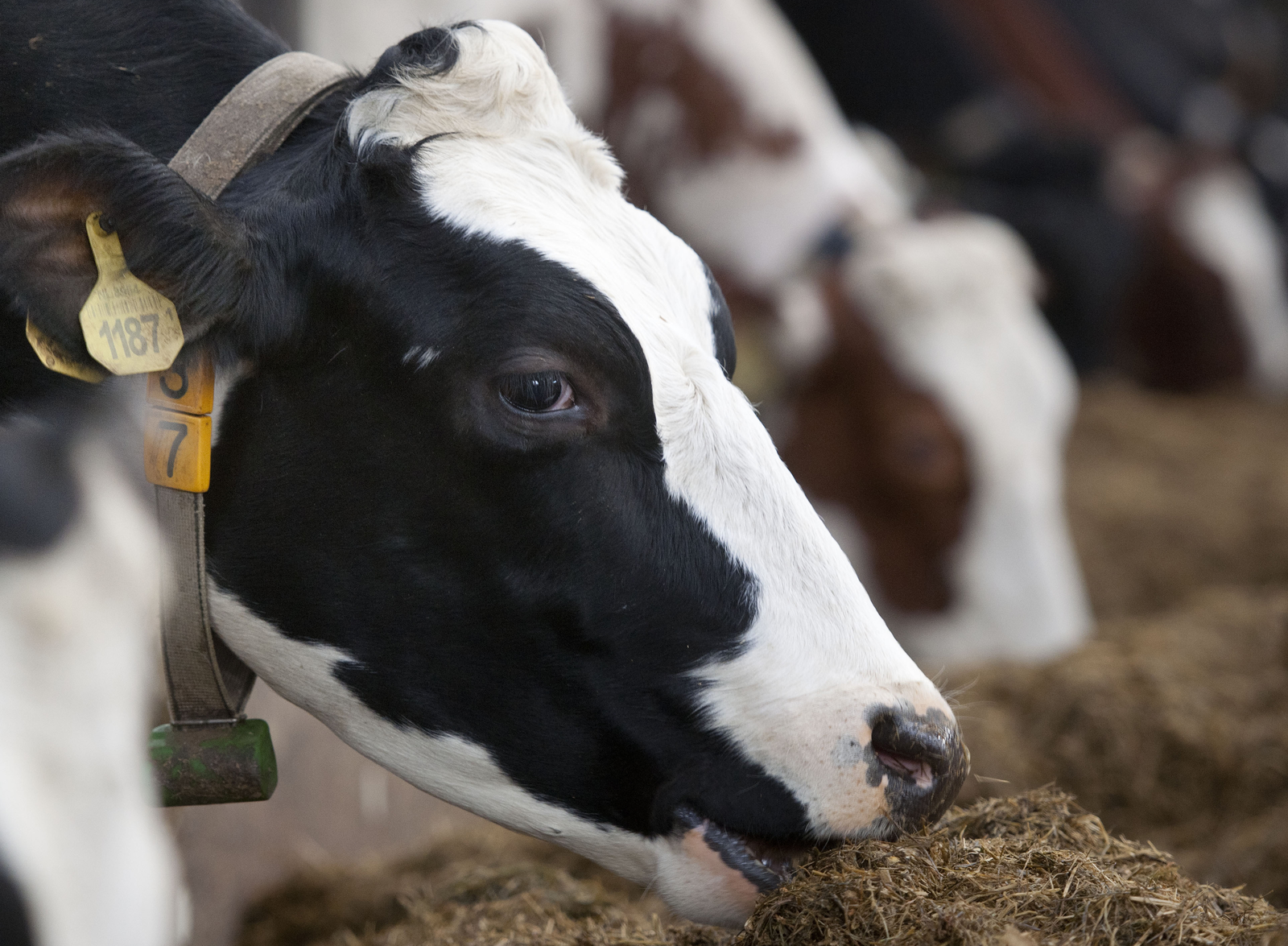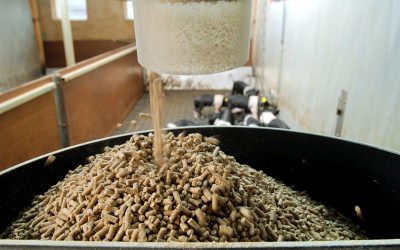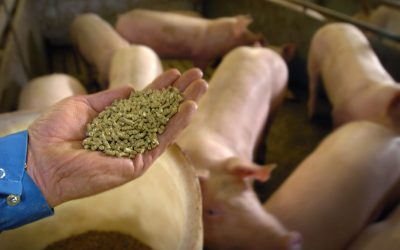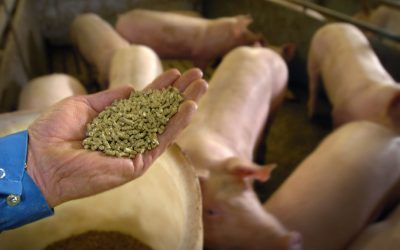Canada confirms BSE case is related to feed

The Canadian Food Inspection Agency (CFIA ) have confirmed that a case of bovine spongiform encephalopathy (BSE) is feed-related. The affected cow was born in 2009, two years after Canada implemented the enhanced feed ban.
Paul Mayers, vice president, Policy and Programs, CFIA says, “The agency will determine the source of the feed used at the birth farm in 2009 and assess any potential risk factors in relation to the feed used,” said. “As a precautionary measure, CFIA inspectors will review the records of the feed mills from which the feeds were sourced to verify compliance with the enhanced feed ban. The enhanced feed ban was put in place to accelerate Canada’s progress towards the reduction of this disease.”
Canadian BSE timeline
Identifying the origin of the cow
CFIA was able to confirm the location of the infected cow’s birth farm and the index farm in northern Alberta near Edmonton. CFIA declined to release the municipality of the birth farm because the agency is still actively investigating the site. The CFIA traced the cow to its original birth farm through records at the index farm as well as a tattoo in the ear of the animal.
BSE surveillance programme plays a vital role
The agency detected the new case through Canada’s national BSE surveillance programme, which continues to play a vital role in helping Canada to manage BSE. Canada remains listed as a “controlled BSE risk” country with the World Organization for Animal Health, and that designation is not expected to change.
Canada introduced the enhanced feed ban in 2007. The enhanced controls were adopted to prevent potential consumption of prion-infected material by livestock by excluding from livestock feed suspect materials such as bone and meat additives.
Previous news items:
- Canada 9th BSE case blamed on feed
- CFIA responds to contaminated feed
- BSE cow born after Canada feed rule
Source: CFIA











